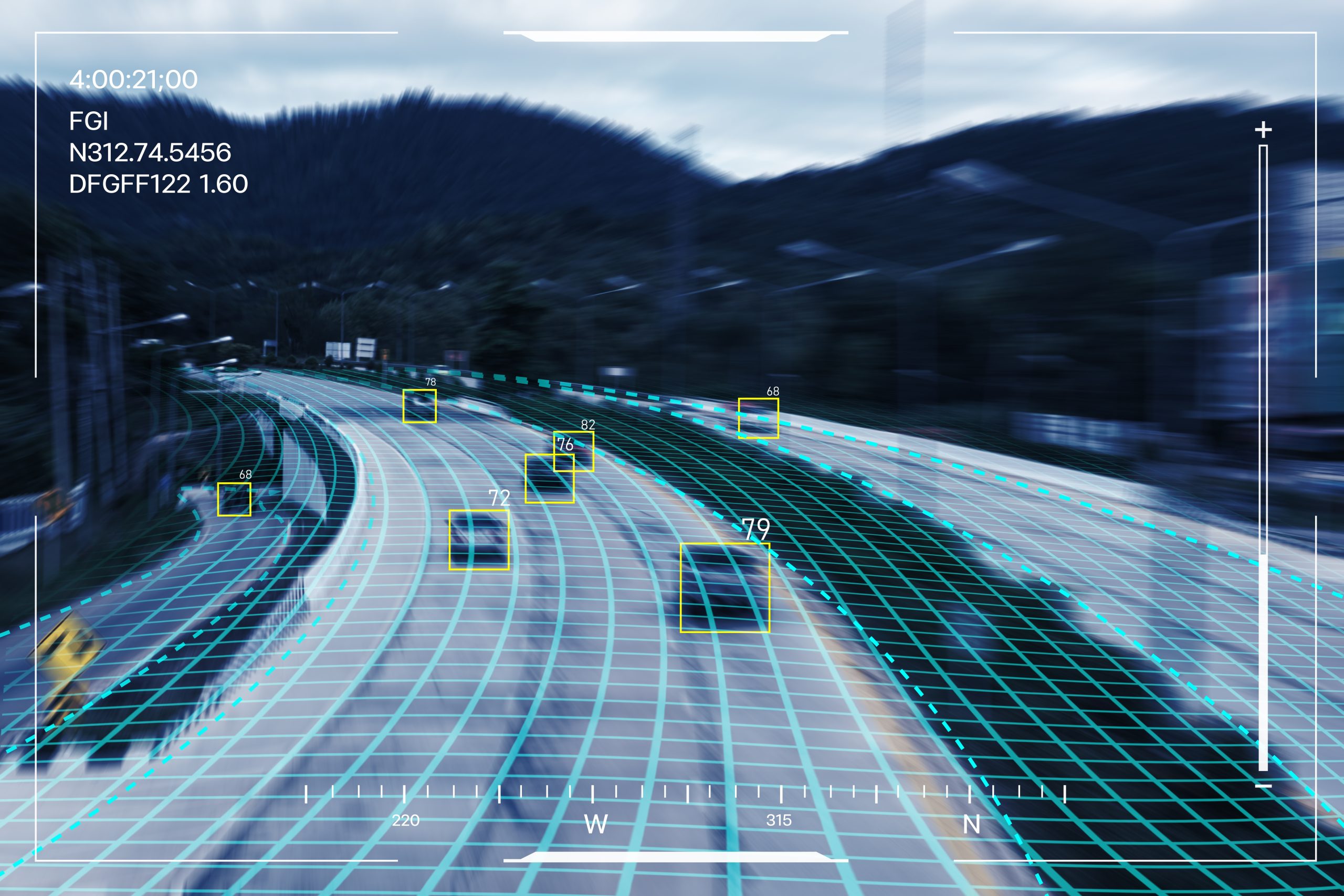
In the transportation sector, as in many others, artificial intelligence (AI) has revolutionized the industry with its different applications, which have made it possible to optimize processes, increase safety and generate studies or analyses to implement road improvements. The use of artificial intelligence has achieved relevance in different areas of safety. In Chile, there are already advanced solutions for fleet management, such as state-of-the-art telemetry and real-time monitoring. An example of this are the solutions implemented by several companies in the field, which help to face key challenges, such as driver protection, risk reduction on the roads and efficiency in the use of vehicles. Telemetry Telemetry is based on remote data collection and transmission, and its application is not restricted to the automotive sector. This technology allows fleets to monitor key information such as: real-time vehicle location, speed, acceleration and control of predefined geographic zones. All this information is collected and stored in a centralized platform, accessible from any location, which optimizes vehicle tracking and facilitates strategic decision making. Real-time monitoring Real-time monitoring is essential to obtain instant information and useful data for decision making. This process involves the continuous and live analysis of video transmissions or sequences, allowing access to valuable data at any time. By using such tools, companies or authorities can reduce risks, protect drivers and increase efficiency in taking operational measures. As technology continues to evolve, it is important to continue to innovate and adopt measures that contribute to safer traffic for everyone. This is why at Security Expo 2025 these new technologies will take on great relevance, providing a space for exhibitors and visitors to showcase and discuss these innovations.


 Ministry of the Interior hastens project presentation to create the new Ministry of Public Security
Ministry of the Interior hastens project presentation to create the new Ministry of Public Security
 Official Press Release Security Expo 2022
Official Press Release Security Expo 2022
 Summit Seguridad Futuro, the prelude to the largest international security meeting in Chile, comes to an end
Summit Seguridad Futuro, the prelude to the largest international security meeting in Chile, comes to an end
